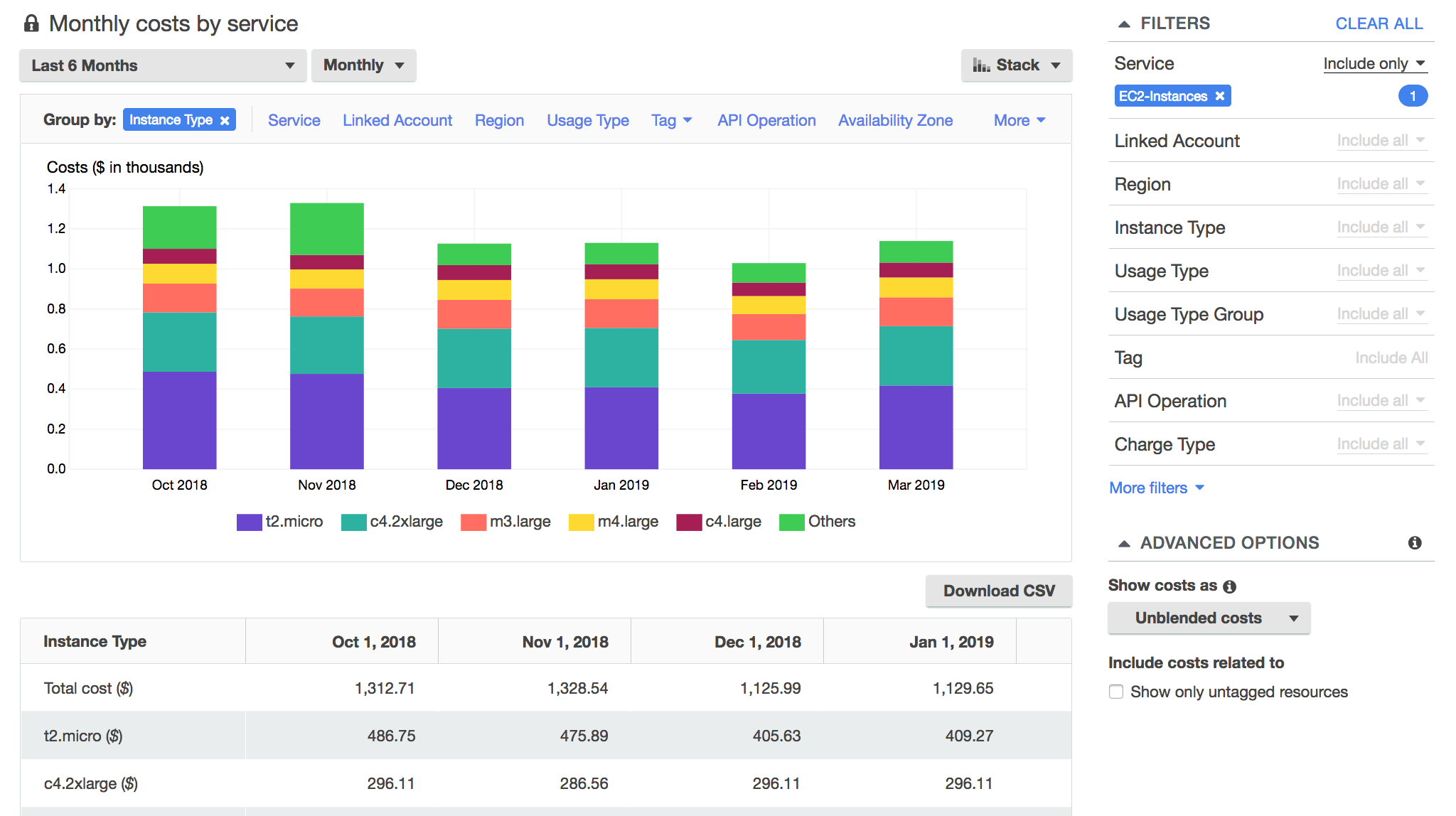Amazon Web Services (AWS) generated more than $43 billion in revenue last year—more than double its $17 billion in 2017. Yet, while a growing number of companies embrace cloud services, Flexera's State of the Cloud Report found that 30% of respondents self-reported wasteful cloud spending and cost optimization topped priorities for 2021.
Let's look at how to control—and even reduce—your cloud spending through better planning, tracking, and optimization.
Are you experiencing a cloud spending hangover? Try these tips to measure and optimize your cloud spend. Share on XStart with a Right Plan
Cloud infrastructure has become incredibly complex over the years. Rather than renting a server, cloud computing has evolved to focus on specific use cases. For example, you can use S3 to store files, EC2 to host a website, RDS to run a database, Lambda to run a function, and CloudFront to handle content delivery in different regions.
DevOps engineers have replaced traditional system administrators to help manage the complex web of services. Meanwhile, technical accounting departments have sprung up to understand and forecast costs and keep them from spiraling out of control. Still, it's easy for even the best-managed companies to leave money on the table.
Smaller companies can avoid some of these problems by using Infrastructure-as-a-Service (IaaS) providers like Heroku. However, these services are much more expensive to scale and lack the flexibility of AWS and other cloud-based service providers. As a result, it can be challenging to decide when and how to make these trade-offs.
The best way to reduce cloud costs is through good planning. Rather than diving into a platform, you should plan what resources you'll need and compare different platforms to find the best option. You should also factor in the cost of complexity in terms of hiring DevOps experts to maintain disparate cloud resources and ensure everything runs smoothly.
Track Your Spending
Start by assigning a point person to take ownership over cost management. For example, product managers might be responsible for coordinating with DevOps to set up cost reports, monitoring the information, and communicating with stakeholders to create or adjust budgets based on cost trends over time.
Fortunately, many cloud computing platforms provide tools to track cloud spending. For example, AWS Budgets enables you to set custom budgets to track the cost and usage of your AWS resources. The tool also makes it easy to set up alerts to notify you when costs rise above a threshold, enabling you to jump in and fix any expensive resources.

AWS Cost Explorer’s Interface - Source: AWS
In addition, AWS Cost Explorer allows you to dive even deeper into specific cost categories and categorize expenses based on the application or use case. You can also generate reports that break down costs by business units or other types to assist accounting departments and executives get an accurate picture of spending.
If you have multiple departments or applications, you may want to consider using tags to assign usage and costs to different categories. AWS enables you to tag resources with a key and value pair, which you can then use when querying costs in AWS Cost Explorer. You can even create tag policies (e.g., requirements) for different service types.
Microsoft Azure and Google Cloud provide similar functionality through different tools that they offer. And, if these tools don't provide enough flexibility, you can also use one of the many third-party cloud cost management tools available for each platform. For example, Kubecost offers real-time visibility into Kubernetes costs.
Optimize Your Spending
Cloud spending tends to grow out of control over time. For example, a software engineer might spin up an EC2 instance and forget to shut it down when testing out a new concept. Or, an application might see a dramatic decrease in traffic and not require as much resource allocation. Without oversight, it's easy for these problems to spiral out of control.
There are several ways to optimize your cloud spending:
- Tag Resources: Tag resources to know who to ask (e.g., a department) if there are any issues. As mentioned earlier, you can also create policies to enforce the creation of tags.
- Monitor Usage: Deactivate resources you're no longer using, especially if there's an ongoing cost. A typical example of this kind of waste is a beta or test project that gets shut down.
- Right Size Resources: Estimate an application's requirements and only buy what you need to run it. For example, don't use a reserved instance if you only need a spot instance.
- Schedule Resources: Shut down services you don't need at night or on weekends to reduce costs. For example, development servers or virtual desktops are typically unused on weekends.
In addition to these tips, many different applications can help you further optimize your cloud spending. For example, AWS offers reserved instances that guarantee computing resources for a set cost or spot instances with variable expenses. In some cases, spot instances can be significantly cheaper if you're willing to sacrifice reliability.
If you have an extensive cloud budget, it may be a good idea to hire a cloud computing expert to come in and optimize costs regularly. Simple changes and policies can have a significant impact on expenses, particularly over the long run. For example, Sharkbyte can help you develop a plan based on your requirements and lower your cloud costs.
The Bottom Line
Cloud computing is a complex topic that's growing more complex by the day. Without a dedicated DevOps team, it's hard to know where to start when planning out an application or controlling spending with an existing application. Fortunately, there are many different tools and consulting services that can help fill the knowledge gap.
Sharkbyte can help you develop a cloud infrastructure plan that best suits your business or help you grapple with existing cloud spending.
Contact us today for a free consultation to learn more!



